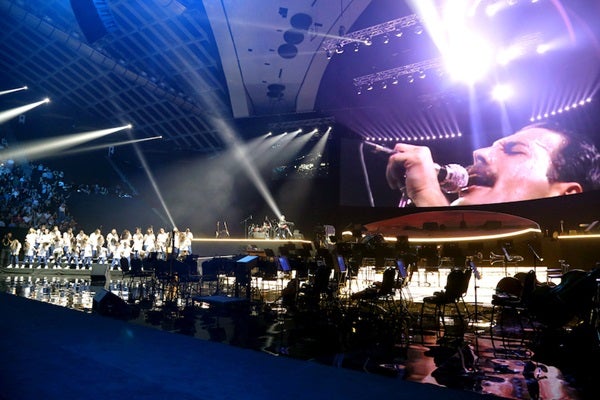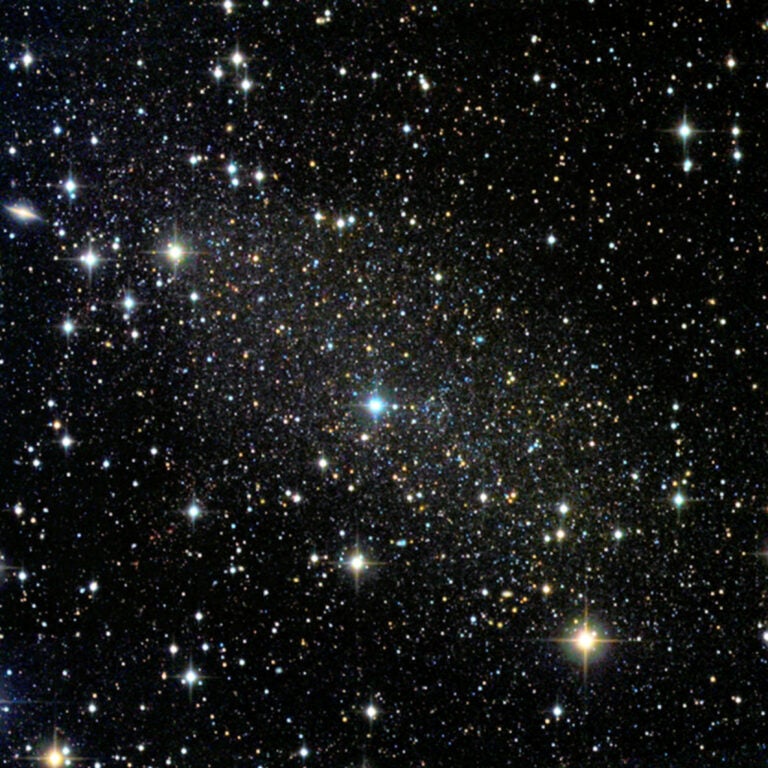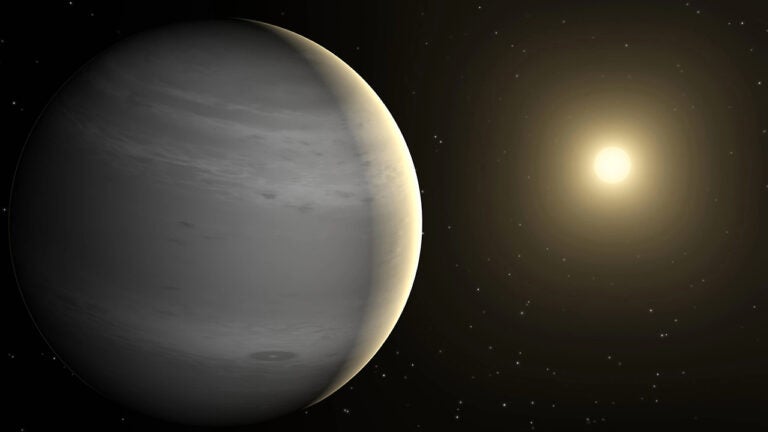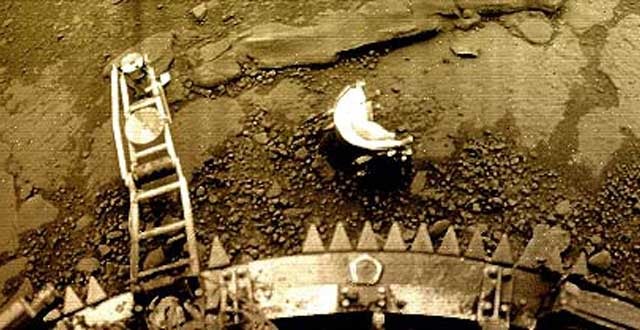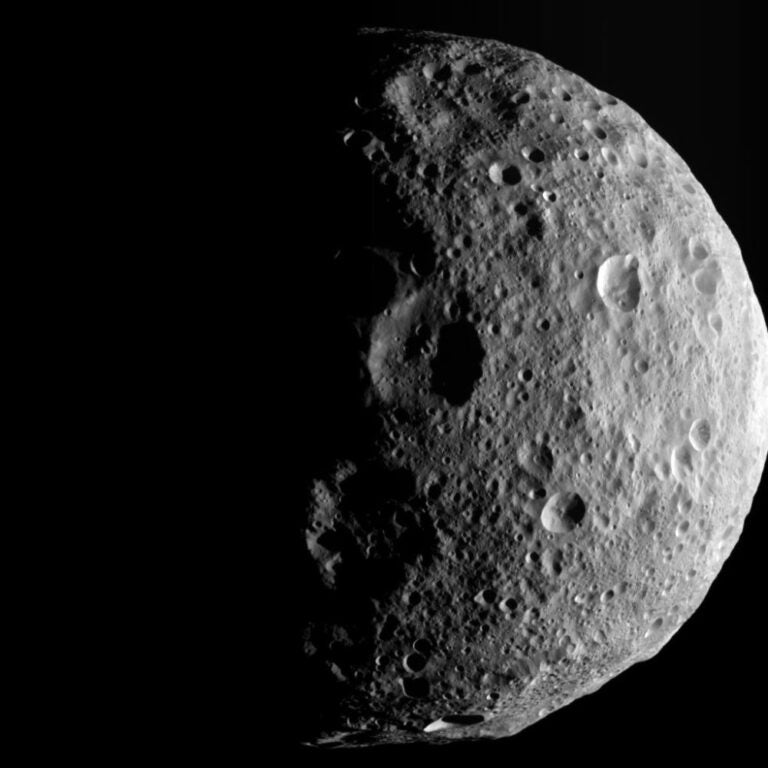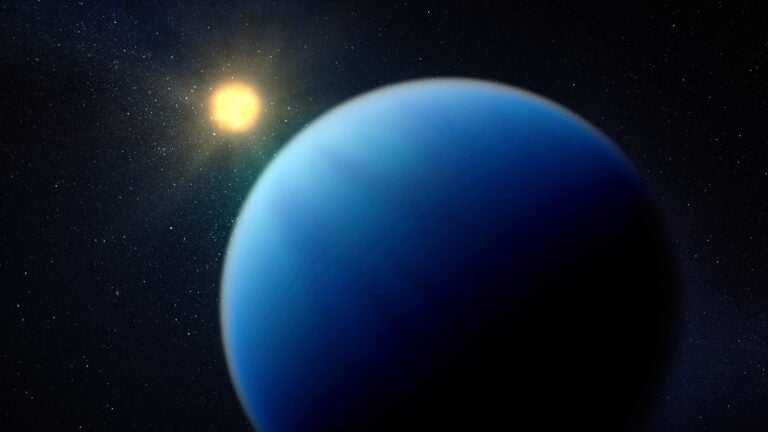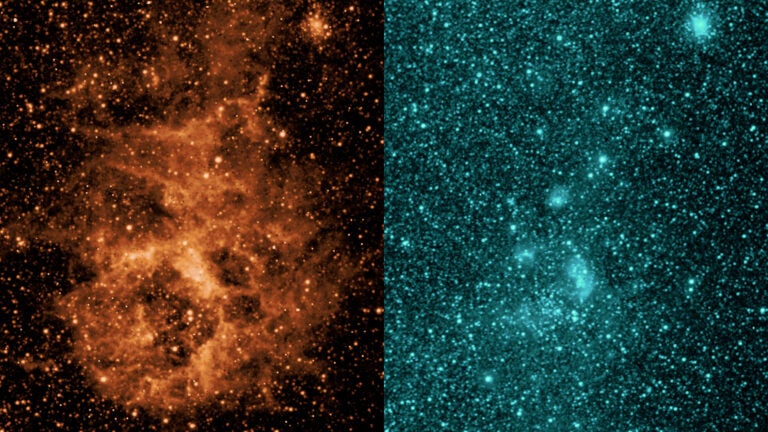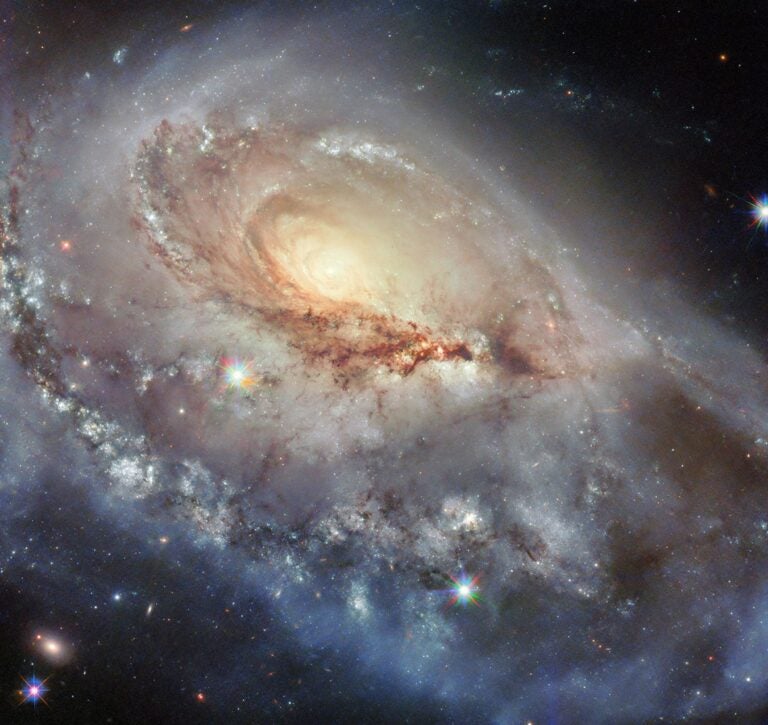Six Starmus Festivals have now come and gone. I have been favored by attending all but the first, and I have experienced some of my most special moments in life at each of them. A confluence of science and music, Starmus (stars, music) has evolved into the most incredible celebration of science on the planet. Founders Garik Israelian, a brilliant astronomer, and Brian May, a brilliant astronomer who is also pretty well known for being the founding guitarist of Queen, have led us down a star-studded path.
Memories of people and events that almost seem magical live in the heads of Starmus attendees. From the Canary Islands to Norway to Switzerland to Armenia, dazzling talks, encounters with preeminent scientists and explorers, and unforgettable rock ‘n’ roll live on.
Flashes come to mind. Neil Armstrong talking about landing Apollo 11 on the Moon. The sharpest ideas of what happens inside a black hole as explained by Kip Thorne. The scariest moments I had as a speaker, with Stephen Hawking and his coterie of nurses front and center. Brian May, Rick Wakeman, and friends blistering the arena with phenomenal songs that compose the soundtrack of our lives.
There was standing in a corner, chatting with Peter Gabriel. Discussing the status of the SETI program with Jill Tarter. Telling Alexei Leonov how much we appreciated his historic spacewalk. Hearing about the confirmation of the Big Bang from Robert Wilson. Eating a multicourse dinner with Richard Dawkins, listening to him describe the biology of every course that arrived on our table.
“The Starmus Festival changed my life.” I have heard many people say this to me, and in great abundance from the young volunteers, most recently, in Armenia. In an era of darkness around the world, of wars, the politics of greed and lust to hold onto power, and an existence too often driven by self-centeredness, we need science and music to give us hope for a better future.
Starmus provides that. Just ask Charlie Duke, who pours out unbridled enthusiasm for sharing his adventures exploring the lunar surface. Or John Mather, who delights in telling us what his mammoth James Webb Space Telescope will do to uncover mysteries of the cosmos. Or Emmanuelle Charpentier, who can describe what her CRISPR technology will do to help extend lives. Or Chris Hadfield, who delivers an inspiring “Space Oddity” in tribute to both his exploration of space and to our old friend David Bowie. In sum, another Starmus friend and performer, Hans Zimmer, simply said, “Forget the Oscars — Starmus is the place to be!”
One night late in Zurich, I rolled back into the hotel with an assembly of friends. We sat down and encountered Brian Eno, legendary musician, discussing things with a group at a big table. Joining them, it was utterly amazing, after an hour, the depth and incredible dialog that ensued — politics, history, geography, space, medicine, the welfare of human beings and animals on our Earth. There was so much more going on in this amazingly sharp Brian Eno’s mind than I would have guessed.
Starmus has also created the Stephen Hawking Medal, in remembrance of our dear departed colleague and board member, to recognize great achievements in science communication. It has been as proud addition to the Starmus mission.
And so it is with Starmus, which gives us a window to come together as people, explore the best that humanity can offer, and look toward a brighter future. By coming together as friends, we can make so many wonderful discoveries. I look forward to sharing more exciting Starmus news in the coming days.
David J. Eicher is Editor-in-Chief of Astronomy Magazine, author of 26 books on science and history, and a member of the Board of the Starmus Festival.

